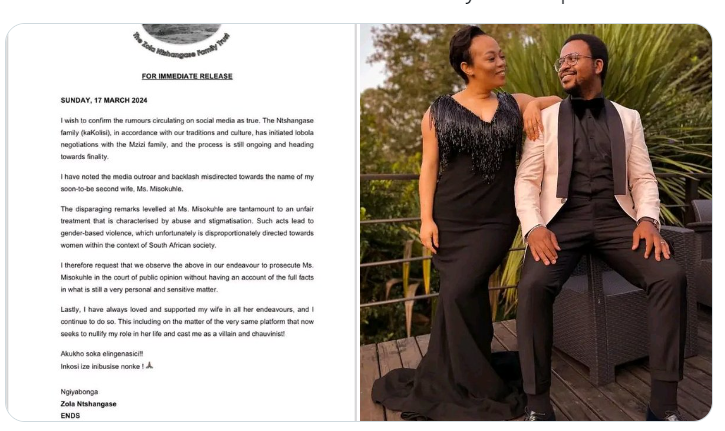Medical Schools That Offer Full Scholarships: Full ride medical scholarships represent an exceptional opportunity for aspiring medical students to pursue their dreams without the financial burden of tuition. These scholarships cover tuition, fees, and often living expenses, allowing students to focus entirely on their education. With the high cost of medical school, these funding options can be the key to accessing valuable educational resources.
Students seeking these scholarships should know that they come from various sources, including universities, private foundations, and government programs. Each scholarship may have specific eligibility requirements and application processes, but many prioritize academic excellence, financial need, and a commitment to community service. Identifying the right scholarships can help students significantly reduce or eliminate the cost of their medical education.
The competition for full ride medical scholarships can be fierce, but the rewards are substantial. Navigating the application landscape effectively can lead to a life-changing financial advantage in the pursuit of a medical career. By focusing on academic performance, leadership experiences, and community involvement, applicants can enhance their chances of receiving these prestigious awards.

Overview of Full Ride Medical Scholarships
Full ride medical scholarships offer comprehensive financial assistance to students pursuing a medical education. These scholarships cover tuition, fees, and often additional living expenses, making medical education more accessible.
Definition and Benefits
Full ride medical scholarships provide funding that covers all educational expenses for a recipient’s medical degree. This includes tuition fees, textbooks, and even a living stipend in some cases.
The primary benefit is financial relief, allowing students to focus entirely on their studies without the burden of debt. Recipients may also gain networking opportunities through connections with prominent medical institutions and professionals.
Many of these scholarships are prestigious, enhancing a student’s resume and career prospects. They can also lead to opportunities for mentorship and additional training during the medical school experience.
Eligibility Criteria
Eligibility for full ride medical scholarships varies by institution and program but generally includes several key requirements:
- Academic Achievement: Most programs require a strong academic record, often with a minimum GPA.
- Standardized Testing: High scores on the MCAT are typically necessary.
- Demographic Factors: Some scholarships aim to support underrepresented groups or international students.
Additionally, candidates may need to demonstrate financial need. Applicants often face a competitive selection process that evaluates their leadership qualities and commitment to community service.
Application Process
The application process for full ride medical scholarships generally involves several steps:
- Research: Prospective students should identify eligible scholarships and understand specific requirements.
- Documentation: Applications typically require transcripts, letters of recommendation, and personal statements.
- Interviews: Some programs may conduct interviews to assess a candidate’s fit and motivation.
It’s crucial for candidates to adhere to deadlines and provide all required information. Early preparation can improve chances of success in securing these valuable scholarships.

Top Medical Scholarships to Consider
Various types of medical scholarships are available to help aspiring medical students finance their education. This includes government-funded options, university-sponsored scholarships, and those from private or non-profit organizations, each serving unique student needs.
Government Funded Scholarships
Government-funded scholarships are an essential resource for medical students. Programs like the National Health Service Corps (NHSC) provide scholarships in exchange for a service commitment in underserved areas. These scholarships cover tuition, fees, and other educational expenses, potentially totaling over $100,000.
Another valuable option is the Armed Forces Health Professions Scholarship Program (HPSP). This program offers funding to medical students in exchange for military service post-graduation. Participants receive a monthly stipend, tuition coverage, and a living allowance.
Eligibility criteria often focus on academic performance and commitment to service. These scholarships are competitive but provide significant financial assistance.
University Sponsored Scholarships
Many universities offer their own scholarship programs to attract talented medical students. For instance, the University of California, San Francisco (UCSF) provides several merit-based and need-based scholarships. They aim to support students who demonstrate exceptional academic achievement and community involvement.
Similarly, Harvard Medical School offers various scholarships funded by alumni and donors. These awards often require a separate application and can significantly lighten the financial burden on students.
Each university has unique requirements, including financial aid eligibility and application deadlines. Students should explore specific scholarships available at their chosen institutions for the most accurate information.
Private and Non-profit Organizations
Numerous private and non-profit organizations provide medical scholarships to support future healthcare professionals. The American Medical Association (AMA) offers scholarships for medical students, especially those pursuing a career in primary care.
The Tylenol Future Care Scholarship supports students in various healthcare fields, including medicine. Applicants must showcase leadership and academic excellence. Awards typically range from $5,000 to $10,000.
Organizations often focus on specific demographics or areas of medicine, such as minority students or those committed to rural healthcare. Detailed eligibility and application requirements can often be found on the respective organization’s website.
Strategies for Successful Applications
A successful application for full ride medical scholarships requires careful preparation and a clear understanding of the expectations. Key elements include building a strong profile, preparing essential documents, and crafting a compelling personal statement.
Building a Strong Profile
Candidates should focus on several critical areas to strengthen their profiles. Academic achievement is crucial; maintaining high GPAs in relevant courses, especially in the sciences, will stand out.
Extracurricular activities that reflect commitment to the medical field are equally important. Volunteer work in healthcare settings or participation in health-related organizations can demonstrate dedication.
For international students, obtaining relevant experience in both local and international contexts is valuable. Lastly, securing strong letters of recommendation from respected professionals in the field can enhance credibility.
Essential Documents Checklist
Preparation of essential documents is vital for a complete application. Candidates should include the following:
- Transcripts: Official transcripts showing academic performance.
- Letters of Recommendation: Typically, two to three letters from educators or professionals in healthcare.
- CV or Resume: A detailed overview of academic and extracurricular achievements.
- Proof of Residency Status: For international applicants, documents validating their eligibility.
- Application Form: Ensure all required sections are thoroughly completed.
Assembling these documents ahead of time and ensuring they meet the scholarship’s specific requirements can prevent delays and issues during the review process.
Writing a Compelling Personal Statement
A personal statement should convey passion and motivation for pursuing a medical career. Candidates should clearly articulate their goals and the reasons for seeking the scholarship.
Including specific experiences that shaped their interest in medicine adds depth. Describing challenges faced and how they were overcome can also make a positive impression.
It is essential to align personal aspirations with the mission of the scholarship. Clearly stating how the funding will facilitate not only personal goals but also contribute to the wider community can strengthen the application significantly.









